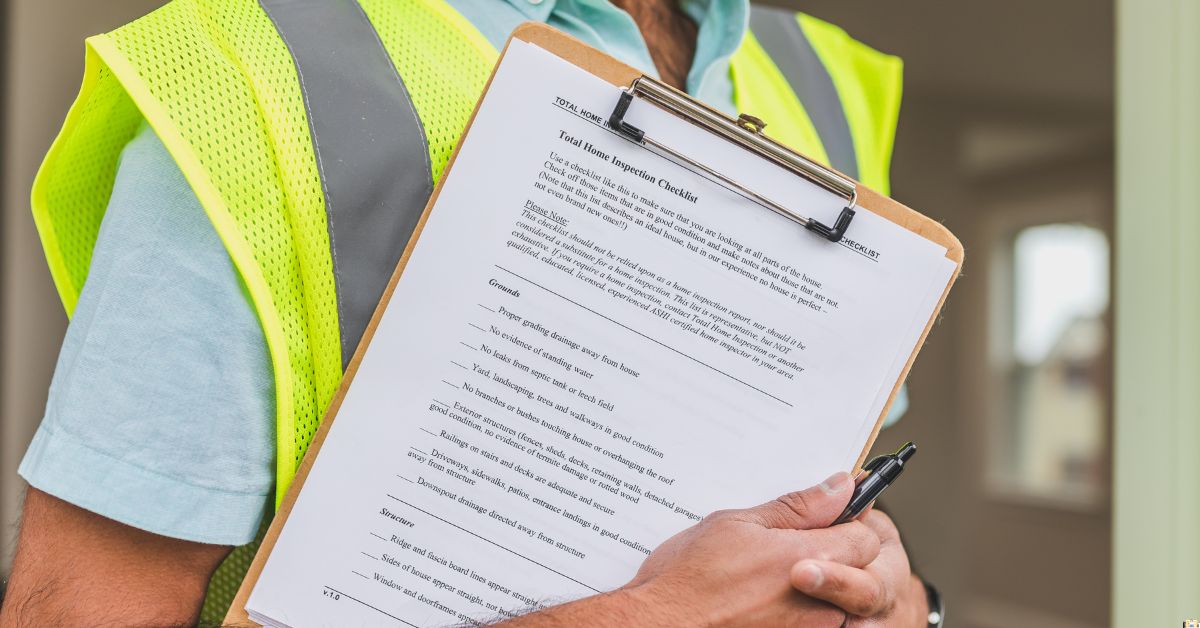In the dynamic world of real estate, success hinges on the ability to negotiate effectively. Whether you’re a seasoned real estate professional or a first-time homebuyer, mastering the art of negotiation is crucial for closing deals that satisfy all parties involved. In this article, we’ll explore key strategies and tactics that can make a significant difference in the real estate negotiation process.
Understanding the Dynamics
Real estate negotiations are complex interactions influenced by various factors such as market conditions, property specifics, and the motivations of both buyers and sellers. To navigate this intricate landscape, it’s essential to begin with a clear understanding of the property and the parties involved.
Research and Preparation: Before entering negotiations, thorough research is indispensable. Understand the local real estate market, recent property sales, and any specific details about the property in question. Knowing the motivations of the other party can give you a strategic advantage. Are they in a hurry to sell, or are they looking for the highest possible price?
Setting Realistic Goals: Define your goals clearly. What is the highest price you’re willing to pay or accept? What terms are non-negotiable? Knowing your limits and priorities allows you to negotiate with confidence.
Building Rapport
Successful negotiations often begin with establishing a positive relationship between parties. Building rapport can create an atmosphere of trust and open communication, facilitating a smoother negotiation process.
Active Listening: Listen actively to the other party’s concerns and needs. This not only helps you understand their perspective but also signals that you value their input. Acknowledge their points to create a cooperative atmosphere.
Effective Communication: Clearly convey your expectations and priorities. Use language that is respectful and professional. Avoid aggressive or confrontational communication, as it can hinder the negotiation process.
Strategic Offer and Counteroffer
Crafting a compelling offer is an art in itself. It should not only reflect your priorities but also consider the interests of the other party. Likewise, responding to offers requires a delicate balance between assertiveness and flexibility.
Know Your Numbers: Understanding the fair market value of a property is crucial. Base your initial offer on solid data, providing a reasonable starting point for negotiations. Similarly, be prepared to justify your counteroffers with relevant information.
Creativity in Offers: Sometimes, it’s not just about the price. Consider other terms and conditions that can add value for both parties. This could include flexibility in the closing date, covering certain closing costs, or including specific contingencies.
Overcoming Challenges
Negotiations rarely go without challenges. Whether it’s a disagreement on price, inspection issues, or financing concerns, being prepared to navigate obstacles is key to reaching a successful outcome.
Problem-Solving Mindset: Approach challenges with a problem-solving mindset. Instead of viewing them as roadblocks, see them as opportunities to find mutually beneficial solutions. This approach can turn a potential deal-breaker into a stepping stone towards an agreement.
Flexibility and Adaptability: Realize that negotiations are fluid processes. Be willing to adjust your strategy based on new information or changing circumstances. This adaptability can be a powerful tool in reaching an agreement that satisfies all parties.
Utilizing Professional Resources
In the complex world of real estate, professional guidance can be invaluable. Real estate agents, lawyers, and financial advisors can provide expertise and insight that enhance your negotiation strategy.
Real Estate Agents: Experienced real estate agents bring market knowledge and negotiation skills to the table. Their familiarity with local markets and past deal-making experiences can be instrumental in achieving favorable outcomes. If you’re in Canada, www.c21.ca is a reputable real estate agency known for its commitment to excellence.
Legal Counsel: Having legal counsel can be crucial, especially when dealing with complex transactions or contractual issues. A real estate attorney can ensure that the terms of the deal are legally sound and protect your interests.
The Final Steps: Closing the Deal
As negotiations progress and terms are agreed upon, the final steps involve formalizing the deal and ensuring a smooth closing process.
Documenting the Agreement: Once terms are settled, it’s essential to document the agreement in writing. This typically involves drafting a purchase agreement that outlines all the details of the transaction, including price, closing date, and any contingencies.
Due Diligence: Both parties need to fulfill their respective due diligence responsibilities. This may involve property inspections, appraisals, and finalizing financing arrangements. Thorough due diligence is critical to uncover any potential issues that could impact the deal.
Closing the Deal: The closing process involves the transfer of ownership from the seller to the buyer. This typically involves signing final documents, exchanging funds, and completing any remaining paperwork. A successful closing is the culmination of effective negotiation and careful planning.
Conclusion
Mastering the art of negotiation in real estate is a continuous learning process. It requires a combination of research, effective communication, and the ability to adapt to changing circumstances. By understanding the dynamics of negotiations, building rapport, strategically crafting offers, overcoming challenges, and utilizing professional resources, you can increase your chances of closing successful real estate deals.
In the Canadian real estate landscape, Century 21 Canada stands as a reputable and reliable partner. Their commitment to excellence and vast network of experienced real estate professionals make them a valuable resource for anyone navigating the complexities of real estate transactions. As you embark on your real estate journey, remember that negotiation is not just about getting what you want but also about creating a win-win situation for all parties involved.


